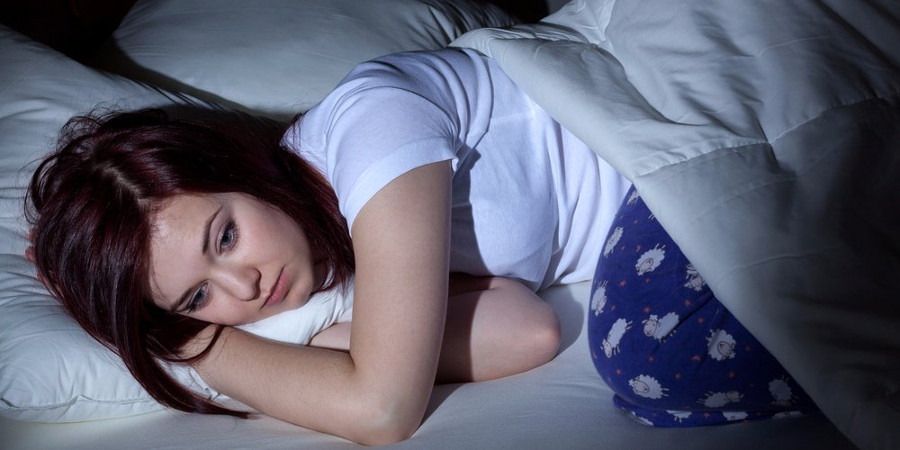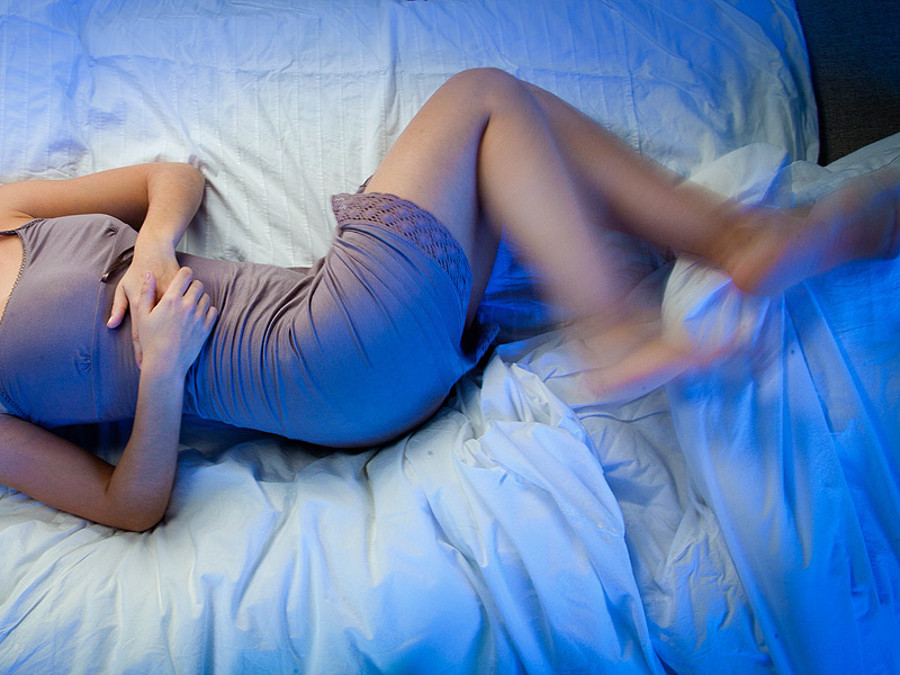A new study found that having a “purpose in life” helps people sleep better at night. A group of researchers from Northwestern Medicine and Rush University Medical Center found that having a good reason to get out of bed each morning translates into better sleep during the nights with less sleep apnea and restless leg syndrome.
The study is based on older adults, and it’s the first report that has ever linked having a purpose in life with improved sleep quality and fewer sleep disturbances over longer periods of time.

The study, funded by the National Institute of Aging of the National Institutes of Health, was published last Saturday in the journal Sleep Science and Practice.
Having a purpose in life improves sleep quality for people who suffer from insomnia
Sleep deprivation has become more common lately across the United States and the world. Last year, a report from the Centers for Disease Control and Prevention found that one in 3 American adults don’t get enough sleep.
Another recent study also found that rising temperatures from climate change are contributing to uncomfortable sleep or sleepless nights. In that research, the researchers found that every nocturnal temperature increase of 1 degree Celsius resulted in three nights of restless sleep per 100 people per month. When they scaled the results across the country, they found the 1-degree increase resulted in 110 million extra nights of lackluster sleep each year.
The researchers of the new report said that a previous study found that having a purpose in life improves overall sleep when measured at a single point in time. The team noted that while their study focused on older adults, they believe the findings apply to the broader public.
“Helping people cultivate a purpose in life could be an effective drug-free strategy to improve sleep quality, particularly for a population that is facing more insomnia,” said senior author Jason Ong, an associate professor of neurology at Northwestern University Feinberg School of Medicine, according to Northwestern Now. “Purpose in life is something that can be cultivated and enhanced through mindfulness therapies.”
People have increased sleep disturbances and insomnia as they age. Most clinicians prefer to use drug-free strategies to improve patient’s sleep, a practice that is now recommended by the American College of Physicians as the first treatment for insomnia, noted Ong.
Sleep apnea can lead to multiple health adversities if left untreated
The National Heart, Lung, and Blood Institute (NHLBI) describes sleep apnea as a disorder in which you have one or more pauses in breathing or shallow breaths while you’re sleeping. These pauses can last from a few seconds to minutes, and they can occur 30 times or more each hour.
The disorder often goes undiagnosed, as no blood tests can detect it, and doctors usually can’t diagnose it during routine office visits. When the disease is left untreated, it can lead to an increased risk of high blood pressure, heart attack, strokes, obesity, diabetes, and heart failure. The condition can also make arrhythmias more likely and can also increase the risk of having work-related or driving accidents.
Restless leg syndrome is a disorder that causes an urge to move your legs while you sleep, according to NHLBI. People who have the disorder describe unpleasant feelings such as creeping, pulling, itching, tingling, burning, or electric shocks.

The disorder can make it hard to fall asleep and stay asleep, and experts say that the symptoms often get worse over time. Restless leg syndrome typically starts before 45 years of age, and it usually runs in the family. Treatment usually involves medication and lifestyle changes.
People who had a purpose in life were less likely to suffer from sleep apnea or restless leg syndrome
For the most recent study, the researchers used data gathered in two studies from Rush University Medical Center involving 823 participants, who were non-demented individuals aged 60 to 100 years with an average age of 79. More than half of the participants were African-American, and 77 percent were female.
Participants were required to answer a 10-question survey on purpose in life and a 32-question survey on sleep. In the study regarding purpose in life, participants were required to rate their response to statements such as: “I feel good when I think of what I’ve done in the past and what I hope to do in the future.”
The researchers noted that participants who felt their lives had meaning were 63 percent less likely to suffer from sleep apnea and were 52 percent less likely to have restless leg syndrome. Overall, they also had better sleep quality, which is a global measure of sleep disturbance.
The next step in the investigation would be to study the use of mindfulness-based therapies to target purpose in life and following sleep quality, added Arlener Turner, the study’s first author and former postdoctoral fellow in neurology at Feinberg.
Recently, another study from Rush University found that exercise can improve sleep disorders like insomnia, restless leg syndrome and sleep apnea. The study found that exercising 2 ½ hours every week increased sleep with people with these sleeping disorders.
Source: Northwestern University
